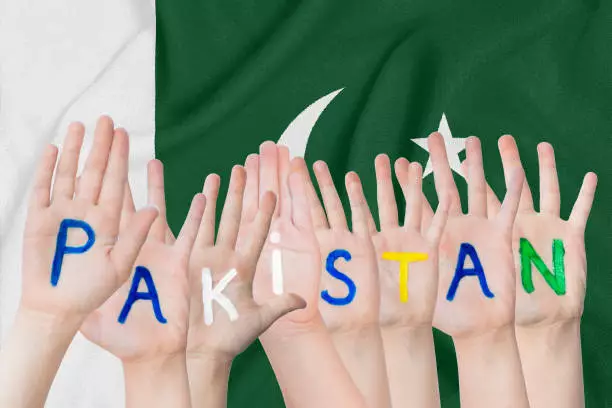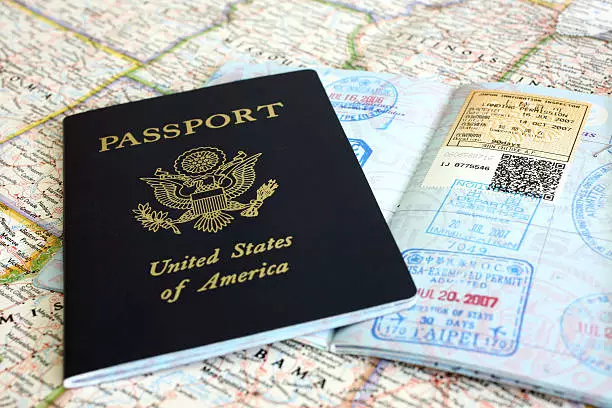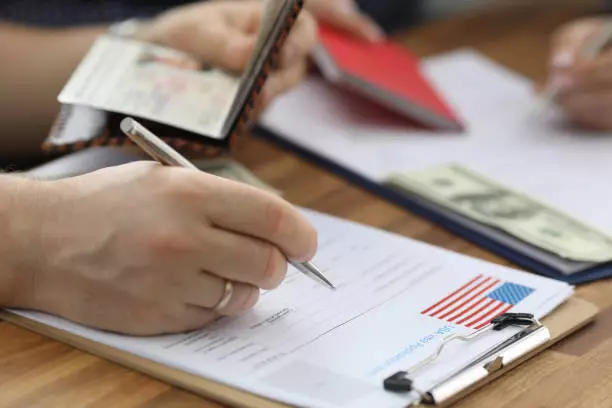‘US student visa’ Every year, many Pakistanis go to the US to study. The US is a top choice for international students because of its excellent universities and outstanding degree programs. Getting a student visa from Pakistan to study in the US can be tough, but with the right information and preparation, you can fulfill all the requirements and set yourself up for success.
Types of US Student Visa for Pakistani
When studying in the United States, there are different types of visas to consider.
- F-1 Student Visa: If you want to study at a recognized college or university in the US or attend an English language program, this visa is for you.
- J Exchange Visa: This visa is for participants in exchange programs, including high school and university studies, and other educational opportunities.
- M Student Visa: If your goal is to pursue non-academic or vocational studies or training in the US, then the M student visa is the one you’ll need.

Documents required for a US student visa
When applying for a US student visa, there are several documents you’ll need to prepare. First, you must apply to a US school approved by the Student and Exchange Visitor Program (SEVP). Once accepted, the school’s international student office will provide you with a Form I-20, containing your details from the Student and Exchange Visitor Information System (SEVIS).
For your visa application, you’ll mandate:
- Valid Passport: Ensure your passport is valid for at least six months beyond your planned stay in the US.
- Acceptance Letter and Form I-20: Proof of acceptance at a SEVP-approved school and the Form I-20 provided by the institution.
- SEVIS Fee Payment: Payment confirmation for the Student and Exchange Visitor Information System (SEVIS) fee.
- Non-immigrant Visa Application: Complete the application and obtain the Form DS-160 confirmation page.
- Photographs: Provide one or two photographs as per the specified format.
Additionally, you may need to submit other documents such as:
- Academic Records: Transcripts, diplomas, degrees, or certificates from previous educational institutions.
- Financial Proof: Evidence of sufficient funds to cover your living expenses in the US, such as bank statements or financial sponsorship.
- Return Travel Proof: Demonstrate your intention to return to your home country after completing your studies, which may include a return flight ticket
You may also be required to attend an interview at the US embassy or consulate. For more detailed information on each type of visa, visit the US Department of State’s website.

F-1 Student Visa
Most Pakistani students get an F-1 Student Visa. Some simple steps to getting a visa
Step 1: SEVIS Fee and Form I-20
- Pay the SEVIS fee and get Form I-20 from your school.
Step 2: Visa Fee and Form Collection
- Pay the visa fee and pick up the visa application form.
Step 3: D-160 Form
- Complete the D-160 form and submit it along with your visa documents.
Step 4: Visa Interview
- Attend a visa interview at the US Embassy or Consulate. Some previous visa holders may skip the interview.
Please remember, that you can only enter the US up to 30 days before your program starts.
US student visa cost for Pakistan
The cost of a U.S. student visa for Pakistan varies depending on the type of visa you apply for. Normally, applicants from outside the US need to pay a $160 application fee for the visa. However, it’s essential to check the latest fee when applying, as it may change over time. In addition to the application fee, there is a $350 SEVIS fee for F and M visa applications and a $220 fee for most J visa applications. The SEVIS fee covers the cost of the computer system used to track your stay in the United States.

Visa application process and Interview
After getting accepted to a university approved by the Student and Exchange Visitor Program (SEVP) and receiving your I-20 form, the next important step is to fill out the Online Non-immigrant Visa Application, Form DS-160. Once you’ve completed the DS-160 form successfully, you can schedule your visa interview. It’s crucial to make sure you have all the necessary documents ready before your interview.
During the visa interview, the consular officer’s main goal is to get to know you better as an applicant. They want to understand your genuine intentions, especially regarding your desire to study, and to check if there are any undisclosed reasons behind your visa application. You can expect questions about your chosen program, field of study or research, and if you’re pursuing a master’s degree, among other relevant topics. Being well-prepared for these questions and having honest, thoughtful responses can greatly improve the credibility of your application.
Renewing or Changing Your US Visa Status
In some cases, you may need to renew or change the status of your US visa:
- Visa Renewal: If your I-20 program duration extends beyond the initial visa validity.
- Change of Status: If transferring to another university, changing your education level or program.
- Extension of Post-Completion OPT: For continuing OPT beyond the initial 1-year period.
- Travel Signature: For re-entering the US after temporary trips outside the country.
It is advisable to apply for renewal or change well in advance through your university’s International Students Office. I hope this guide helps you if you have any questions contact me.
FQAs
-
Can I work part-time on a student visa?
Yes, F-1 students can work on-campus up to 20 hours per week during semesters. Off-campus work through OPT is also allowed post-completion.
-
How much funds do I need to show for a student visa?
You need to prove access to at least $20,000 to $25,000 annually (subject to change) to cover your tuition, fees, and living expenses in the USA.
-
Can I travel outside the US during my studies?
Yes, but you need to get your I-20 endorsed by your DSO before traveling. Also, ensure your visa and I-20 are valid on re-entry.
-
What are the chances of visa rejection?
Rejection rates depend on various factors but following all requirements carefully and having strong finances reduces risks significantly.

